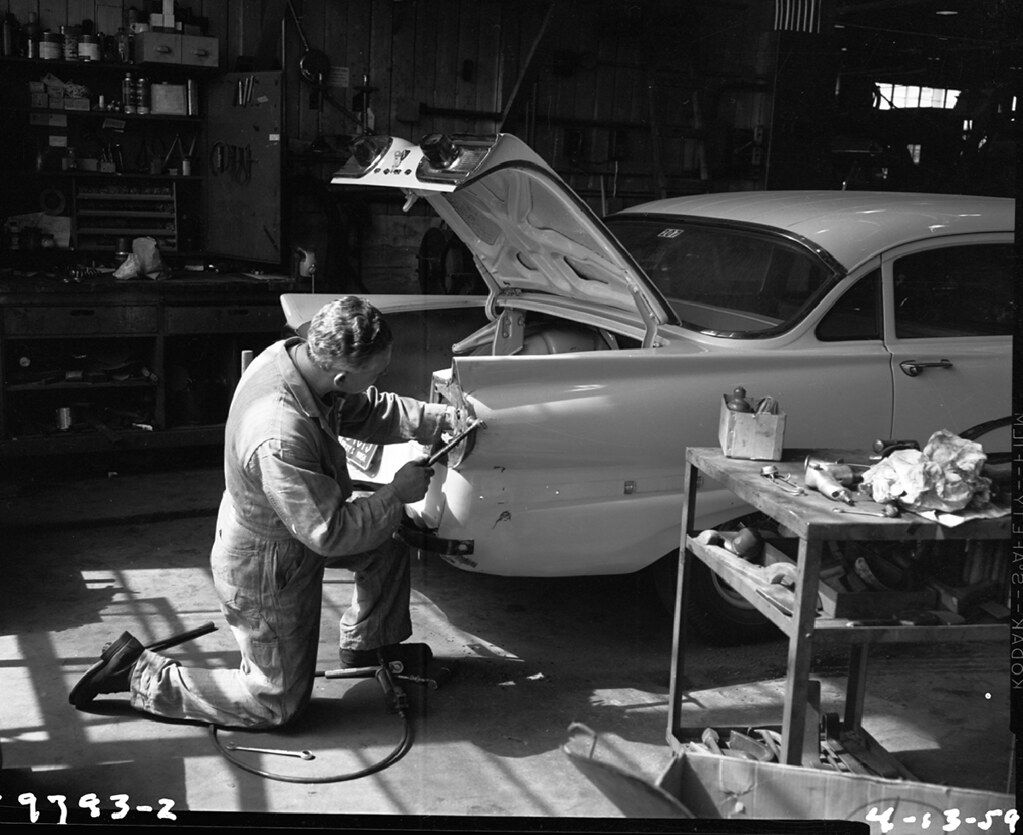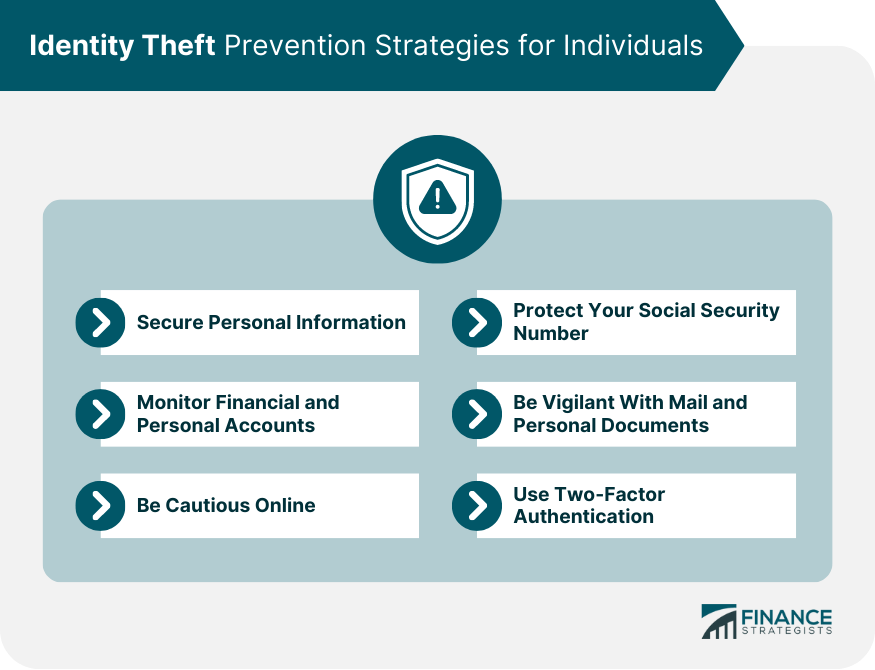
The global professional landscape is undergoing an unprecedented transformation, driven largely by the rapid advancements in artificial intelligence and automation. What seemed like distant sci-fi a few decades ago is now reshaping entire industries, making traditional career paths increasingly precarious. For professionals aiming to thrive, not just survive, in this new era, the call to action is clear: you must proactively future-proof your career.
This isn’t just about keeping your current job; it’s about building an enduring professional foundation that can withstand disruption, capitalize on emerging opportunities, and consistently deliver value in a world that demands continuous evolution. This guide, drawing insights from leading career experts, outlines 12 powerful strategies designed to equip you with the mindset, skills, and adaptability required to lead with confidence into 2030 and beyond. It’s time to move beyond reactive adjustment and embrace a proactive approach to career longevity.
From reshaping your perception of AI to cultivating indispensable human skills and building strategic networks, these actionable steps will empower you to not only navigate uncertainty but also to emerge as a vital, indispensable asset in any professional environment. The future belongs to those who are prepared to learn, adapt, and innovate relentlessly. Let’s explore the initial six critical strategies that lay the groundwork for a future-ready career.

1. **Shift Your Mindset: Embrace AI as an Ally, Not a Threat**The most significant hurdle many professionals face when confronting the rise of AI is a psychological one: fear. The narrative often focuses on job displacement, creating a sense of apprehension. However, leading experts emphasize that the path to future-proofing your career lies in a fundamental mindset shift. Rather than viewing AI as a competitor, it must be seen as a powerful tool, a ‘silent partner’ in your success.
As one Forbes Coaches Council member succinctly puts it, “Those who learn about AI and how to integrate AI into their jobs, businesses and careers will continue to have jobs, businesses and careers. Those who don’t will be left behind.” This isn’t just about surface-level familiarity; it’s about a deep commitment to understanding and actively integrating AI into your daily workflow. It’s about leveraging new tools for exponential growth in how you deliver results for your organization.
This embrace requires curiosity over fear. Neuroscience tells us that fear triggers the amygdala, narrowing thinking, while curiosity activates dopamine pathways, making learning rewarding. Experiment with emerging tools in your field. Ask yourself, “How can this tool make me smarter, faster or more impactful?” By reframing technology as an ally, your brain literally rewires itself, opening up new possibilities for innovation and efficiency. You’re not being replaced by AI; you’re becoming a better operator of it.
Read more about: Unemployed to Unstoppable: One Man’s Inspiring Journey to Millionaire Status

2. **Understand AI’s Strengths and Limitations**While embracing AI is crucial, a nuanced understanding of its capabilities and, equally important, its limitations is indispensable. It’s not enough to simply use AI tools; true strategic advantage comes from knowing precisely where AI excels and where human intelligence remains irreplaceable. This discernment allows professionals to delegate repetitive, data-intensive tasks to AI while reserving their unique human capacities for higher-value activities.
AI is proficient in pattern recognition, data processing, and automating routine functions, freeing up human capacity for more complex and strategic endeavors. Professionals must be proactive in this new frontier, staying abreast of anything learned along the way. This involves continuous learning about AI’s evolving strengths and opportunities within their respective roles and industries. Knowing what AI can’t do—like genuinely understanding human emotion, exercising complex moral judgment, or generating truly novel, unstructured creativity—is just as vital as knowing what it can.
This knowledge allows you to strategically identify how your unique human skills can complement AI. By focusing on tasks requiring judgment, innovation, and interpersonal nuance, while using AI to handle the heavy lifting of repetitive work, you create a powerful synergy. This blend not only future-proofs your career but also amplifies your irreplaceable human contribution, making you a more effective and valuable professional.
Read more about: Unpacking Autonomy: A Consumer’s Guide to Leading Self-Driving Systems

3. **Prioritize Personal Branding and Relationships**In an increasingly digitized and automated world, the uniquely human elements of personal branding and professional relationships gain even greater prominence. Your personal brand is not merely a fancy resume; it’s the sum total of your reputation, expertise, and the value you bring to any interaction. It acts as proof of your adaptability, your skills, and your relevance, becoming a critical differentiator in a crowded market.
A strong personal brand, built on consistent delivery and clear communication of your unique value proposition, ensures visibility and recognition. As one mentor famously advised, “always work on your personal brand. If you work on establishing an excellent brand and you develop strong relationships, you will never have to worry about starting over.” This means updating your LinkedIn regularly with new skills and achievements, sharing thought leadership, and actively shaping the narrative around your professional identity.
Beyond individual branding, cultivating strong, authentic relationships forms an invaluable safety net. These connections provide access to opportunities, mentorship, and diverse perspectives that are impossible to generate in isolation. In a world where machines can complete tasks, it’s people who inspire and lead. Prioritizing personal branding and nurturing relationships ensures that your human capital remains at the forefront, creating a robust foundation for long-term career security.
Read more about: Remember the Wild Web? These 14 Pioneering ’00s Websites Defined the Early Internet Era

4. **Master Human-Centric Skills: Creativity, Empathy, Critical Thinking**As AI takes over more routine tasks, the demand for uniquely human-centric skills will skyrocket. These are the competencies that AI struggles to replicate, making them indispensable for any professional aiming for long-term relevance. Critical thinking, creativity, emotional intelligence, and complex decision-making are not merely ‘soft skills’ anymore; they are the bedrock of future leadership and innovation.
Emotional intelligence – the capacity to understand and manage one’s own emotions and those of others – is crucial for effective leadership, team collaboration, and client relations. It fosters trust, resolves conflict, and builds cohesive environments in ways AI cannot. Learning to lead with a human touch while commanding the tools of tomorrow will be the hallmark of successful professionals. By investing in these distinctively human capabilities, you become irreplaceable, amplifying human potential rather than competing with machines.

5. **Cultivate a Lifelong Learning Habit and Strategic Upskilling**The half-life of skills is shrinking; many technical competencies become outdated in less than five years. In such a dynamic environment, a static skill set is a career liability. Future-proofing demands a profound commitment to continuous learning, viewing education not as a finite stage of life but as an ongoing lifestyle. This isn’t about aimless learning; it’s about strategic upskilling, identifying the competencies that will be in demand in 5 to 10 years and mastering them today.
Building a personal learning system is key. This involves setting weekly learning goals, utilizing platforms like Coursera or LinkedIn Learning, and joining industry communities. It also means committing to daily micro-learning – spending 15-30 minutes reading articles, watching short videos, or listening to industry podcasts. This consistent investment compounds over time, ensuring you’re always one step ahead. The new superpower is learning agility: the ability to quickly learn, unlearn, and relearn.
Strategic upskilling involves targeting ‘high-impact future-ready skills’ such as advanced digital literacy (data analysis, cloud collaboration, AI tools), remote productivity tools, and deeper human-centric abilities. For example, a marketer knowing how to use AI for predictive analytics or customer segmentation dramatically enhances their future value. By embracing lifelong learning and directing your efforts strategically, you build a resilient, adaptable toolkit ready for any professional pivot.

6. **Stay Ahead by Tracking Industry Trends and Emerging Technologies**To effectively future-proof your career, you must develop a proactive, forward-looking perspective. This means seeing what’s coming before it arrives. The workplace is constantly reshaped by forces like automation, remote work models, artificial intelligence, and global market shifts. Staying intimately informed about these transformations isn’t a suggestion; it’s an imperative. Professionals who regularly track trends are best positioned to spot opportunities early, pivot intelligently, and maintain their relevance longer.
Practical ways to stay informed include subscribing to industry-specific newsletters such as Harvard Business Review or TechCrunch, utilizing platforms like Feedly to curate daily trend briefings, and diligently following LinkedIn influencers and thought leaders in your domain. Attending virtual conferences or trend webinars quarterly provides high-level insights into broader industry trajectories. The goal is to move beyond passive consumption of information to actively shaping your career decisions based on these insights.
Creating a “Trends Tracker” spreadsheet to log insights and emerging technologies relevant to your field each month can be highly effective. This systematic approach allows you to not only understand the current landscape but also to anticipate future demands, aligning your skill development and career trajectory with the next big wave in your profession. This forward-looking stance is a foundational element in building a truly future-ready career.
Read more about: Is Your Ride on the Hit List? Unpacking America’s Top 10 Most Stolen Cars and How to Protect Yours
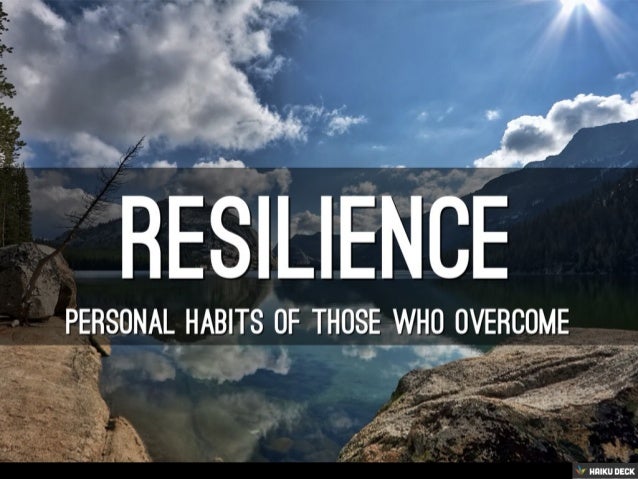
7. **Cultivate Emotional Resilience and Adaptive Intelligence**While AI excels at task execution, the human element of emotion remains irreplaceable. To truly future-proof your career, cultivating emotional intelligence is paramount, allowing you to lead, influence, and build trust in ways machines cannot. As Tinna Jackson of Jackson Consulting Group, LLC, aptly states, “Machines may complete tasks, but people inspire and lead.”
Emotional intelligence encompasses the ability to understand and manage one’s own emotions, as well as those of others. This crucial skill set fosters effective leadership, strengthens team collaboration, and enhances client relationships. It is the bedrock for navigating complex interpersonal dynamics and resolving conflicts with a human touch.
Building emotional resilience also involves developing emotional stamina to thrive under pressure. Neuroscience indicates that chronic stress can impair critical thinking, while practices like mindfulness and deep breathing can calm the fear center of the brain. These actions strengthen the prefrontal cortex, which is vital for clear decision-making and rational thought.
Developing micro-recovery habits, such as short walks or gratitude practices, further helps reset your nervous system, allowing your brain to remain calm and resourceful in uncertain environments. By investing in this distinctively human capacity, you not only fortify your mental well-being but also enhance your professional value as a stable and empathetic leader.
Read more about: 12 Evidence-Based Techniques to Naturally Manage Anxiety and Reclaim Your Calm

8. **Refine Communication Skills for Impact**In an increasingly digitized and automated world, the timeless need for clear, persuasive, and authentic communication only grows. Regardless of technological advancements, strong communication remains an indispensable skill for professionals aiming to influence, connect, and lead. Future-ready leaders are not just experts in their fields; they are master storytellers, attentive listeners, and effective bridge-builders.
Neuroscience reveals that effective human connection, fostered through genuine communication, activates oxytocin, which is crucial for building trust. Moreover, utilizing storytelling in presentations and conversations engages multiple areas of the brain, making your messages more memorable and impactful. This allows your ideas to resonate on both a logical and emotional level.
Refining your communication involves mastering several key facets. This includes practicing active listening, where you fully focus on the speaker rather than planning your response, and strengthening non-verbal communication through appropriate eye contact, tone, and presence. These elements are critical for conveying confidence and sincerity.
By diligently working on these core communication abilities—clear writing, persuasive speaking, and authentic dialogue—you ensure that your ideas are not only heard but also trusted and acted upon. This positions you as an invaluable asset capable of driving collaboration and achieving shared objectives in any professional setting.
Read more about: A Glimpse into the Gilded Age: 12 Fascinating Snapshots of American Life 150 Years Ago

9. **Leverage Internal Resources to Reinvent Your Role**Many professionals inadvertently overlook a powerful avenue for career growth: the internal resources available within their current organization. Rather than waiting for external opportunities or facing career disruptions, proactively utilizing your employer’s offerings can dramatically help you future-proof your career and even reinvent your role from within.
Your existing workplace often provides a rich training ground for acquiring new skills and exploring emerging areas. This includes access to internal learning platforms such as LinkedIn Learning or Coursera for Business, which offer targeted courses aligned with future-ready skills. Engaging with these platforms demonstrates initiative and a commitment to continuous self-improvement.
Furthermore, many companies offer mentorship programs that connect you with experienced colleagues in growing fields, providing invaluable guidance and insights. Opportunities for rotational assignments or job shadowing can expose you to new departments and roles, broadening your understanding of the organization and identifying new avenues for contribution. Innovation labs or pilot programs also allow you to test cutting-edge solutions, placing you at the forefront of change.
By actively seeking out and participating in these internal assets, you not only expand your skill set but also signal your adaptability and value to your employer. Positioning yourself as someone eager to learn and evolve makes you an indispensable part of the organization’s future, reinforcing your long-term career security and opening doors to new internal opportunities.
Read more about: Beyond the Red Carpet: How A-Listers Master the Art of Celebrity Branding in the Digital Age
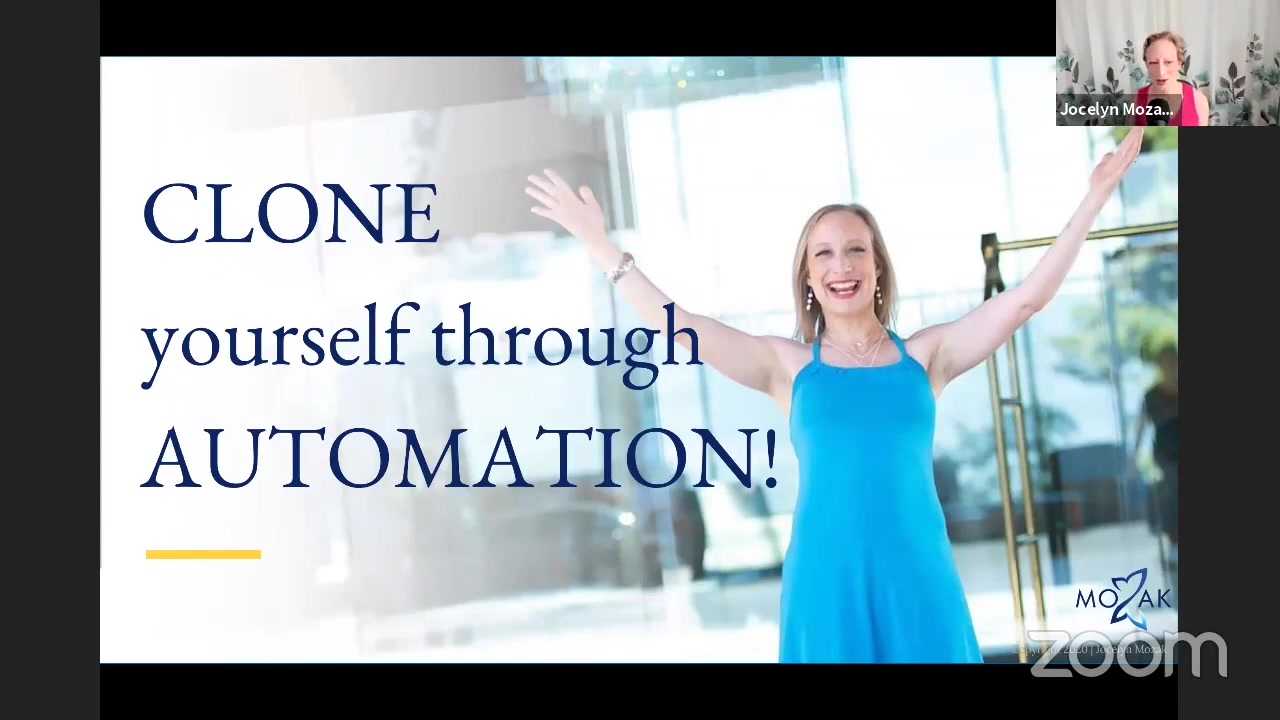
10. **Rebrand Yourself Through Transferable Skills**In an era where industries can undergo massive disruption and job roles can become obsolete, the smartest strategy for career protection is to develop a robust set of transferable skills. These are versatile abilities that maintain their value across numerous different roles, industries, and economic environments, allowing you to pivot effectively without starting from scratch.
Transferable skills act as your professional passport, proving your adaptability and core competence regardless of the specific domain. Key examples include superior communication skills, encompassing clear writing, compelling storytelling, and persuasive speaking. Critical thinking is another cornerstone, enabling you to analyze complex information and make sound, strategic decisions when faced with ambiguity.
Emotional intelligence, as discussed earlier, is equally vital for understanding and navigating interpersonal dynamics, fostering collaboration, and building trust. Effective time and project management ensures you can deliver results autonomously and consistently, a highly valued trait. Lastly, adaptability itself—being comfortable with uncertainty and frequent change—is a meta-skill that underpins all others.
By consciously investing in and mastering these high-value, foundational abilities, you do more than just future-proof your current career; you significantly expand your entire universe of career possibilities. You become the kind of resilient professional who can thrive in diverse contexts, ensuring your relevance and demand even as the job market transforms around you.
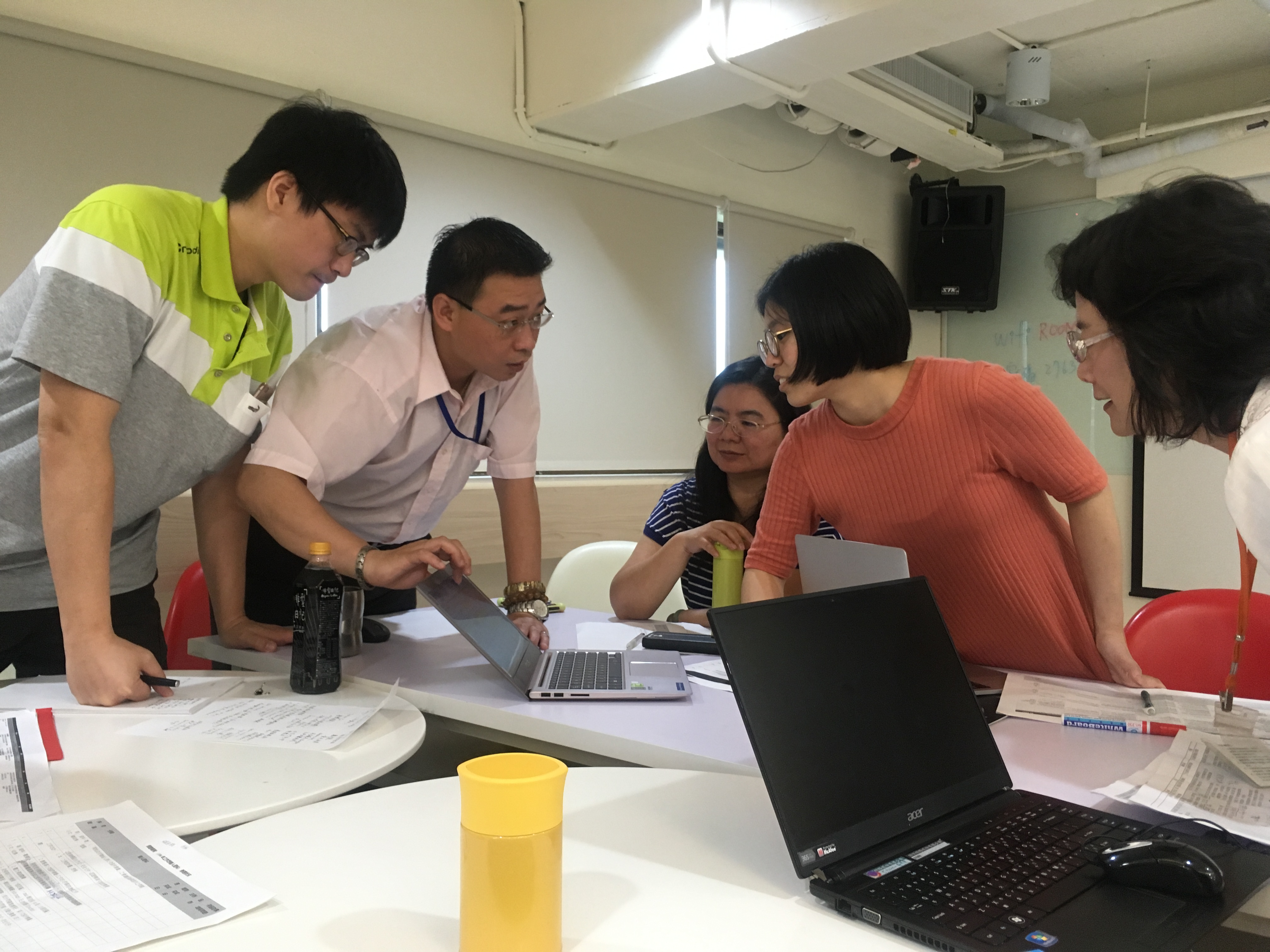
11. **Strategically Build a Future-Focused Network**Beyond individual skill development, your professional network remains a profoundly underestimated asset for future-proofing your career. The people you connect with, and critically, those you learn from, provide unparalleled access to opportunities, insider knowledge, and diverse perspectives on where your industry is truly heading. This foresight is invaluable in a rapidly evolving professional landscape.
Building a future-focused network goes beyond merely collecting business cards or LinkedIn connections; it’s about cultivating strategic relationships. This type of network expands your perspective, offering early access to emerging opportunities and helping you “see around corners” before trends become mainstream. These connections serve as a vital source of mentorship and guidance, helping you navigate complex professional challenges.
Smart networking strategies involve being intentional and contributing value. Actively participate in niche virtual events where meaningful discussions occur, rather than passively listening. Utilize LinkedIn strategically by commenting on posts, sharing thoughtful updates, and sending targeted messages to build genuine rapport. Joining industry Slack groups, forums, or online communities also provides a platform for engaging with peers and thought leaders.
Remember, a strong network is not just about what you can gain; it’s about what you can contribute. Building relationships that add reciprocal value over time ensures that your human capital remains at the forefront, creating a robust safety net and positioning you as a visible and relevant player in a competitive market. This proactive engagement is essential for unlocking unforeseen career pathways.
Read more about: 6 Young Talents Whose Futures Took Unexpected Turns After Landmark Career Deals

12. **Create a Dynamic Career Roadmap**In today’s world of constant disruption, the traditional, rigid five-year career plan is increasingly outdated. Agility now profoundly outweighs rigidity when it comes to long-term professional success. To genuinely future-proof your career, it is essential to construct a dynamic career roadmap that is designed for continuous recalibration based on market trends, personal growth, and evolving interests.
Building a future-ready career plan begins with defining your long-term vision, clarifying not just what you want to achieve, but also the kind of work-life alignment and values that truly drive you. From this overarching vision, break your journey into shorter, manageable milestones, perhaps using 90-day sprints focused on acquiring specific skills or exploring new career paths.
The essence of a dynamic roadmap lies in its flexibility. Regularly reassess your plan, ideally quarterly, using insights from industry updates and personal reflections to realign your goals with current realities and emerging opportunities. Crucially, diversify your path by developing parallel career avenues, such as freelance work, entrepreneurial ventures, or consulting roles, which can serve as valuable backups or primary sources of income.
This flexible, living plan empowers you to navigate ambiguity with confidence, ensuring that no matter how the economy or your industry shifts, you possess the adaptability and strategic foresight to adjust course. Maintaining a “career scorecard” that tracks your learning, transitions, and growth areas can be an excellent hack to stay on track toward sustained, long-term success in a world that demands constant evolution.
Read more about: Estate Planning 101: Unpacking the Vital Documents Every American Adult Needs for Financial Security and Family Protection
The journey to future-proofing your career is not a one-time event, but a continuous commitment to learning, adapting, and evolving. The strategies outlined here provide a robust framework, moving beyond reactive adjustment to proactive preparation. By embracing AI as an ally, mastering uniquely human skills, cultivating resilience, and building strategic networks, you position yourself not just to survive, but to truly thrive in the professional landscape of 2030 and beyond. The future belongs to those who are ready to shape it with confidence and unwavering dedication to growth.

